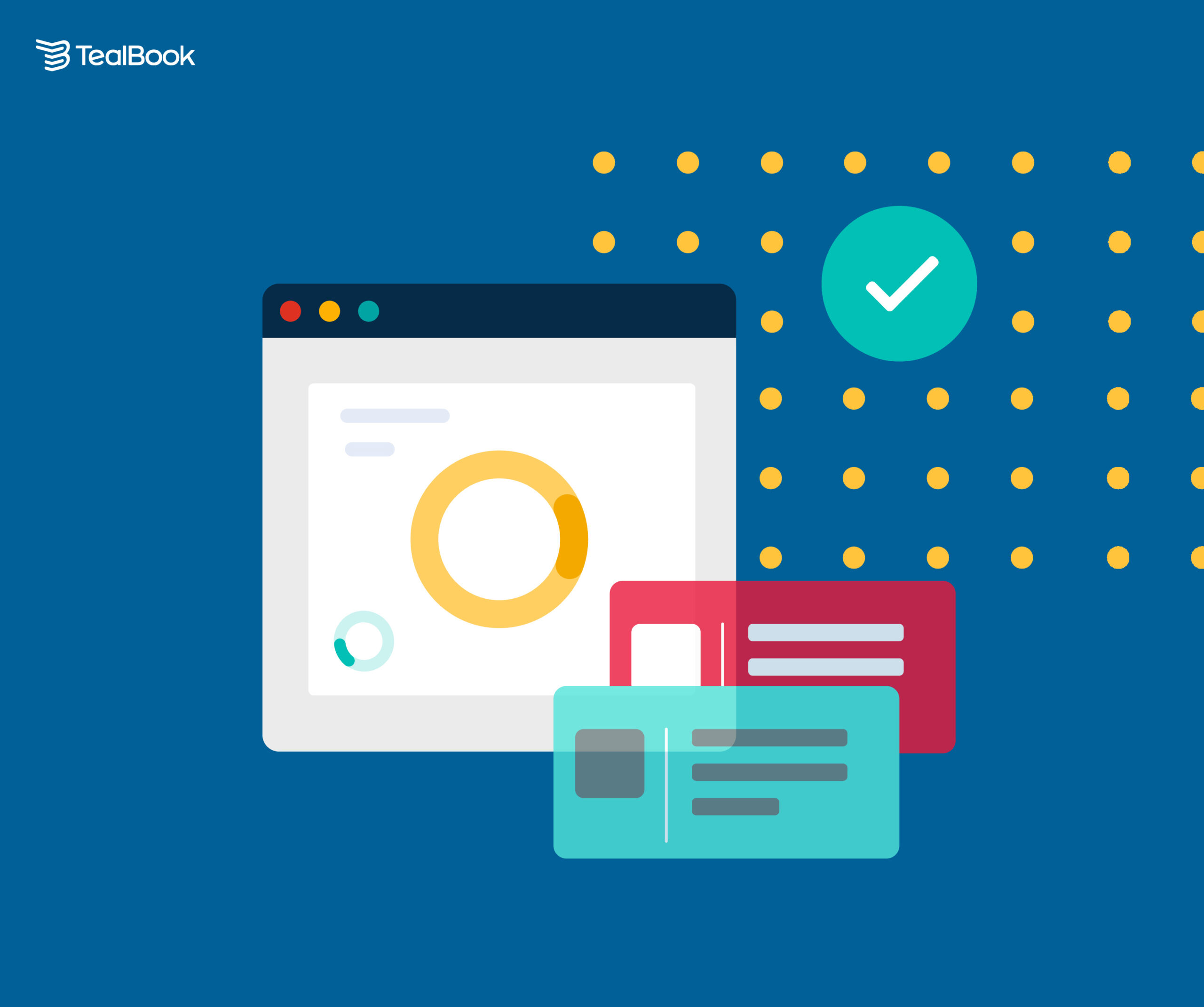Modern operations thrive on data. Each customer transaction, vendor communication and supplier negotiation leaves behind a digital footprint, providing enterprises with invaluable insights — if they have the tools to unlock them.
Amidst all this data, it’s easy to lose sight of which information is mission-critical. Worse, many leaders rely on faulty data, driving poor decisions and inferior business agility. For procurement leaders in particular, it’s essential to maintain high-quality, up-to-date supplier data on which to base contracting and negotiation decisions. Otherwise, suppliers may miss critical market opportunities, operate inefficiently and even become liable for fines and penalties due to their downstream suppliers.
In this blog, we’ll discuss why good supplier data is the hallmark of success and offer a few tangible solutions for operations struggling with inaccurate or outdated data.
The power of high-quality supplier data
High-quality data is critical because it informs every procurement decision leaders make, from which supplier to choose to how to negotiate. Up-to-date supplier information also offers the following benefits:
- Better operational efficiency — Error-free supplier data clarifies your suppliers’ capabilities, locations, prices, risk status and reliability. This clarity empowers businesses to streamline operations in line with their suppliers.
- Improved risk mitigation — Organizations are responsible for the actions and policies of their suppliers, including tier-two and tier-three suppliers. High-quality supplier data enables leaders to identify potential risks and vulnerabilities throughout the supply chain. It also helps leaders make better-informed decisions, anticipate risks and take preemptive measures to avoid costly disruptions and fines.
- More strategic decision-making — Inaccurate data is often outdated, meaning leaders operate on wrong or old information. The result? Project delays and stoppages trickle down to the consumer, creating frustration on all ends. Meanwhile, real-time, high-quality data drives strategic decision-making by giving leaders critical insights into supplier performance, market trends and cost structures. This information helps enterprises exploit market opportunities and pivot to new, better suppliers as needed.
- Stronger supplier relationships — Transparency is the bedrock of trust. Leaders can foster stronger relationships with their suppliers by accessing more high-quality supplier data. Better data creates an even playing field for suppliers and procurement professionals by promoting transparency and generating open communication.
How to gauge the accuracy of your operation’s data
Much — if not most — of the data leaders review is partially inaccurate, likely because suppliers don’t have the time to consistently and manually update crucial information like inventory levels. But how can leaders ensure their data is high-quality?
Telltale signs of inaccurate data include frequent project delays and difficulty pivoting during crises. According to TealBook research, nearly 2 in 3 procurement leaders cite high-quality data as critical in their ability to quickly source new materials. Meanwhile, 52% of leaders say high-quality data improves their real-time analytics capabilities, and 51% say it helps them identify and act on market opportunities. If expedited sourcing timelines, real-time analytics and agility rank highly on your list of weaknesses, it’s likely time to prioritize better data.
Keep supplier data in check through AI
Constant fluctuations in the supply chain make it challenging to maintain high-quality supplier data, especially when you’re doing so manually. This is where artificial intelligence (AI), machine learning (ML) and intelligent automation come to the rescue.
AI can efficiently analyze vast amounts of data — a feat impossible with manual efforts. AI-backed supplier data platforms, or supplier data foundations, aggregate this data using SEO, meaning suppliers are never on the hook for manually updating their supplier portals. As a result, procurement leaders don’t have to worry about outdated data — AI is constantly updating your platform to reflect the most timely and reliable information.
Furthermore, supplier data foundations can validate data, detect anomalies and flag potential risks. For example, if a supplier in your network falls out of compliance with relevant consumer privacy regulations, AI will notice this fact and escalate it to the appropriate party. Or, if the system identifies duplicate data, it can purge unnecessary information, streamlining the process so you can make better decisions without the hassle.
The common denominator among these offerings? Your team and suppliers are no longer responsible for combing through massive amounts of information to identify relevant, high-quality and up-to-date data. Thus, supplier data foundations eliminate the possibility of human error from the sourcing process, and you can rest assured you’re operating on correct information.
Good supplier data is paramount for enterprise success. With the assistance of AI-backed supplier data foundations, leaders can trust they’re making informed decisions, mitigating risks as necessary and building more robust supplier relationships. Remember, a supplier data foundation doesn’t just offer a one-off solution; it improves data quality across the supply chain, enhancing the sourcing process for all.

